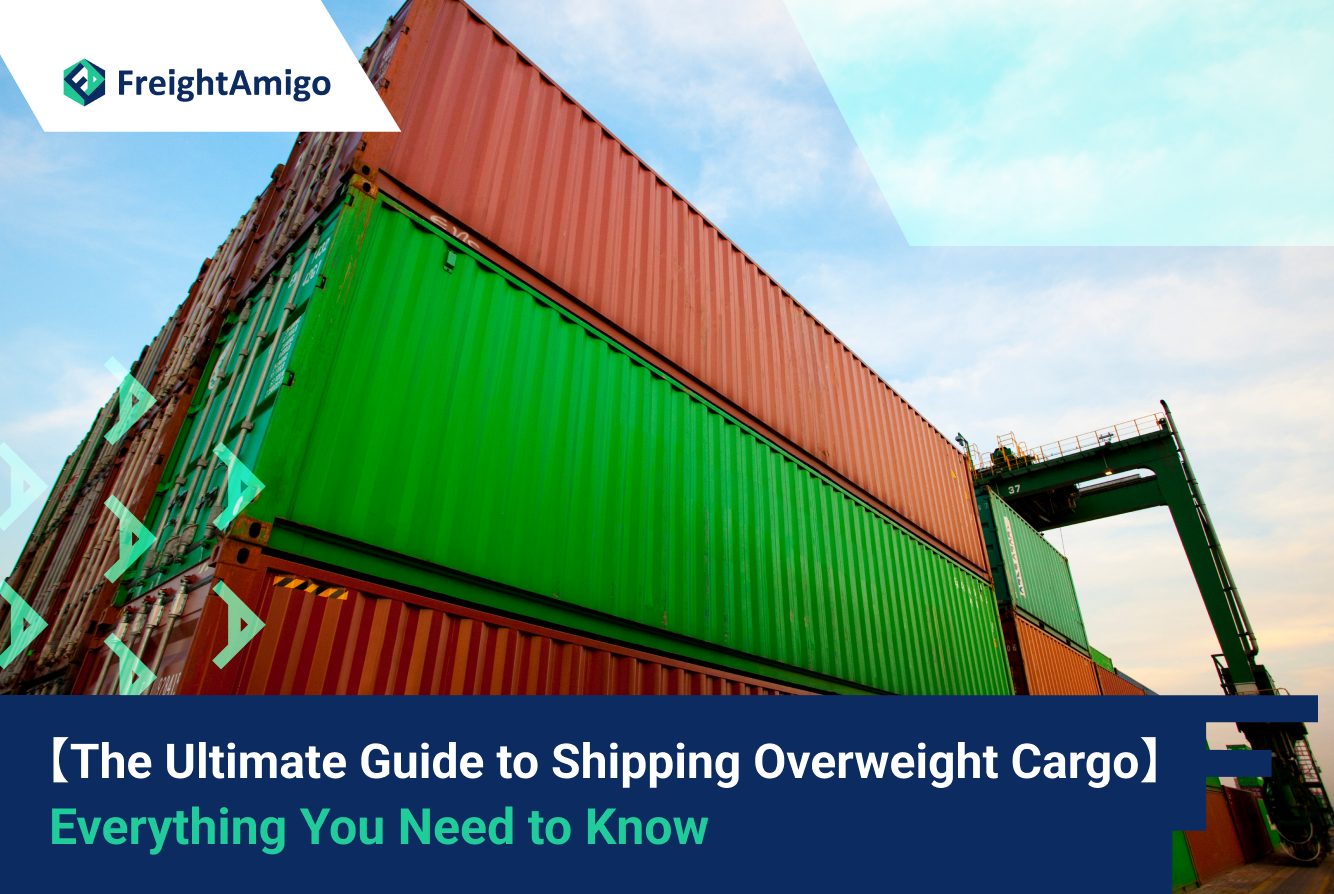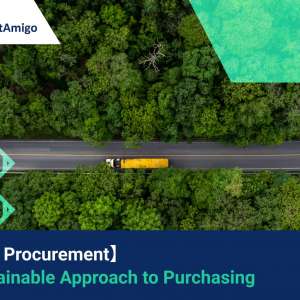When it comes to shipping goods internationally, it is crucial to understand the weight limits imposed by carriers. Whether you are shipping by road, sea, or air freight, adhering to these limits is essential for the safety of your cargo and the smooth execution of your logistics operations. In this comprehensive guide, we will explore the ins and outs of shipping overweight cargo, the potential challenges it may pose, and how you can navigate this complex process.
Author Name:Tiffany Lee – Marketing Analyst at FreightAmigo
Want To Compare The Best Express, Air Freight, Sea Freight, Rail Freight & Trucking Rates So As To Have Better Control On Cost?
Why Weight Limits Matter
Weight limits exist for a variety of reasons, primarily centered around safety and efficiency. When containers or trucks are overloaded, it can lead to hazardous situations on the road, jeopardizing the well-being of both the cargo and other vehicles. Similarly, overweight cargo shipped via ocean freight can pose risks during rough seas, potentially damaging other cargo and endangering ship personnel.
Moreover, exceeding weight limits can result in additional fees and costly delays. Freight carriers charge extra for overweight cargo due to the increased risks and logistical challenges associated with handling such shipments. As an importer, it is important to be aware of these potential extra costs and prepare accordingly.
Verifying Container Weight
Before shipping overweight cargo, it is crucial to accurately determine the weight of your goods. Typically, cargo is weighed both by the shipper and the shipping lines at the origin. While the shipper provides an estimated weight, carriers usually allow a 1-2 ton variance without penalty. However, underestimating the weight can lead to overweight charges. Therefore, it is essential to ensure that you have a precise understanding of your cargo’s weight before proceeding with the shipping process.
Understanding Weight Limits
Familiarizing yourself with the weight limits imposed by your state and carrier is essential for successful logistics planning. By knowing these limits in advance, you can optimize your shipment to either meet the weight restrictions or prepare for the additional costs associated with overweight cargo. It’s important to note that shipping lines often prioritize lighter cargo, especially in congested markets or trade lanes. Lighter containers allow for higher load capacity, ensuring that the ship can reach its full capacity and comply with weight limits.
Potential Consequences of Shipping Overweight Cargo
Shipping overweight cargo without proper preparation can lead to a range of costly delays and complications. Let us take a closer look at some of the potential issues you may encounter:
Additional Charges
One of the immediate consequences of shipping overweight cargo is the imposition of extra charges. Freight carriers charge fees to compensate for the increased risks and logistical challenges associated with handling overweight shipments. These charges can significantly impact your logistics budget and should be taken into account when planning your shipments.
Costly Redistribution or Trans-load
In some cases, overweight cargo may need to be redistributed or trans-loaded to comply with weight limits. This additional handling can be time-consuming and costly, further delaying the delivery of your goods. It is important to factor in these potential expenses and plan accordingly to avoid unnecessary disruptions to your supply chain.
Special Equipment Charges
Handling overweight cargo often requires the use of special equipment, such as cranes or heavy-duty trucks. These specialized resources come at an additional cost, which you need to consider when budgeting for your shipment. Failing to account for these expenses can lead to unexpected financial burdens and logistical complications.
Issues with Booking Confirmation
Shipping overweight cargo can sometimes result in difficulties obtaining the booking confirmation from the shipping company. This can further delay your shipment and disrupt your supply chain. By understanding the potential challenges associated with overweight cargo, you can take proactive measures to mitigate such issues and ensure a smooth shipping process.
Receiving Issues at Destination
Upon arrival at the destination, overweight cargo may face challenges during the receiving process. This could include delays in unloading or difficulties in finding suitable storage space. These issues can create bottlenecks in your supply chain and negatively impact your overall logistics operations. Being aware of these potential challenges allows you to plan ahead and minimize any disruptions to your business.
The Importance of Working With a Freight Forwarder
To ensure accurate recording and documentation of your cargo’s weight, it is highly recommended to work with a logistics professional, such as a freight company. A bill of lading provides crucial information regarding cargo weight, and shipping lines heavily rely on this document when transporting and loading goods. By partnering with a freight forwarder, you can benefit from their expertise in managing logistics operations, ensuring that your cargo’s weight is accurately recorded. This, in turn, provides carriers with the necessary information to handle your goods safely and efficiently.
Utilizing FreightAmigo for Overweight Cargo Shipping
As a logistics solution provider, FreightAmigo understands the challenges associated with shipping overweight cargo. Our platform offers a comprehensive range of services to help you calculate and evaluate the shipping costs of overweight cargo. By inputting relevant cargo information, including weight, size, and transportation route, our system considers these factors to calculate the corresponding transportation costs. This allows you to better plan and manage your logistics budget, understanding the additional costs involved in shipping overweight cargo.
Furthermore, FreightAmigo has established cooperative relationships with major shipping companies and logistics service providers. Through our platform, you can obtain competitive quotations for overweight cargo transportation costs. Our comparison and selection function enables you to compare cost differences between different transportation providers, helping you choose the most economical and suitable overweight cargo transportation solution for your specific needs.
There Are Different Options For Cargo Transportation. If You Want To Choose The Most Convenient And Suitable Solution, It Is Best To Have The Full Support Of Logistics Experts! If You Are Planning To Ship Goods Overseas, Please Go To The FreightAmigo Page For Inquiries.
===
Read More:
【Robotic Sortation Systems】Revolutionizing Warehouse Operations
【Electric Trucks】Revolutionizing Sustainable Logistics
【Route Optimization in Logistics】Enhancing Efficiency and Cost Savings
===
If you have any inquiries on logistics/supply chain, feel free to contact FreightAmigo now:
Chat with us online OR
Phone : +852 28121686
WhatsApp: +852 27467829









































